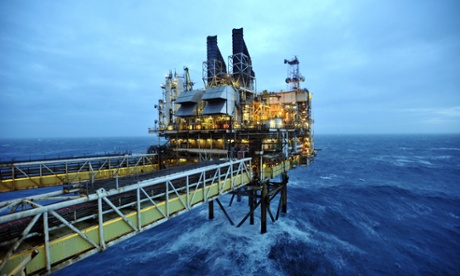BP has set itself the target of shrinking its carbon footprint to net zero by 2050. To do that will require big investment in a whole range of green energy alternatives. It will be happening at a time when the economic disruption caused by Covid-19 has sent the oil price tumbling and threatens to leave the company with more stranded assets on its hands.
Something has to give in those circumstances, and that something is BP’s dividend, which was cut for the first time since the Deepwater Horizon oil spill a decade ago. In truth, the decision was a no-brainer, with perhaps the only surprise being that the payout to shareholders was reduced by half rather than by the two-thirds announced by Shell in April.
No company likes cutting its dividend, particularly one like BP that has a reputation for providing pension funds with a reliable income stream. It did its best to keep shareholders sweet by announcing it will use a chunk of its surplus cash to buy back stock.
But unlike Direct Line, which has announced a special payout to shareholders because less traffic on the roads meant fewer insurance claims, the lockdown has not been kind to big oil. The year started with Brent crude trading at $70 a barrel, but the price plunged as the roads emptied and aircraft were grounded, eventually reaching a trough of $20 a barrel. The price has doubled since then but it is hard to see why it would go much higher any time soon.
While this is a short-term problem, it is also an opportunity for the company to make good on the 20-year-old pledge to change the meaning of BP to Beyond Petroleum.
The need for a change of pace to deliver on this commitment does now seem to be recognised. Investment in low-carbon energy is to increase ten-fold to $5bn a year by 2030. Over the next decade, renewable generating capacity will rise 20-fold and oil and gas production will be shrunk by 40%.
That’s all welcome, even though realistically BP has a simple choice: change or slowly die. The only question is whether its timeline is ambitious enough.
No wonder there’s a gold rush
Investors in gold are getting very excited. Over the past few weeks the price of the precious metal has been rising steadily and it now stands just shy of $2,000 an ounce. That’s a record in nominal terms, although adjusted for inflation gold it would have to climb a further $800 or so to hit the level reached in early 1980.
Back then, gold was a classic safe haven play. There was geo-political tension as a result of the Soviet invasion of Afghanistan and worsening US-Iranian relations following the Islamic revolution. There was double-digit inflation in the US, the dollar was weak and the global economy was going through its second recession in a decade.
Sound familiar? Substitute China for the Soviet Union and the only substantial difference between 1980 and 2020 is that inflation is not a concern for central banks and finance ministries. The Federal Reserve, the US’s central bank, is expected to announce shortly that it is softening its inflation target and for some investors there is only one way this can end. The US recovery is faltering and the desire to avoid a second Great Depression will result in lower interest rates, an expansion of quantitative easing programmes, higher levels of federal government borrowing and – eventually – much higher levels of inflation. As a result, they are selling the dollar and piling into gold.
Take flight from Covid fatigue
Easyjet’s decision to put on extra flights over the summer is interesting, as is the thinking behind it. The airline says sunseekers put off from travelling to Spain by government quarantine restrictions are not giving up the idea of going abroad but are booking holidays in Greece, Turkey and Croatia instead. Conclusion? The UK has a serious case of Covid-19 fatigue. Locking down the economy a second time would not be easy.











